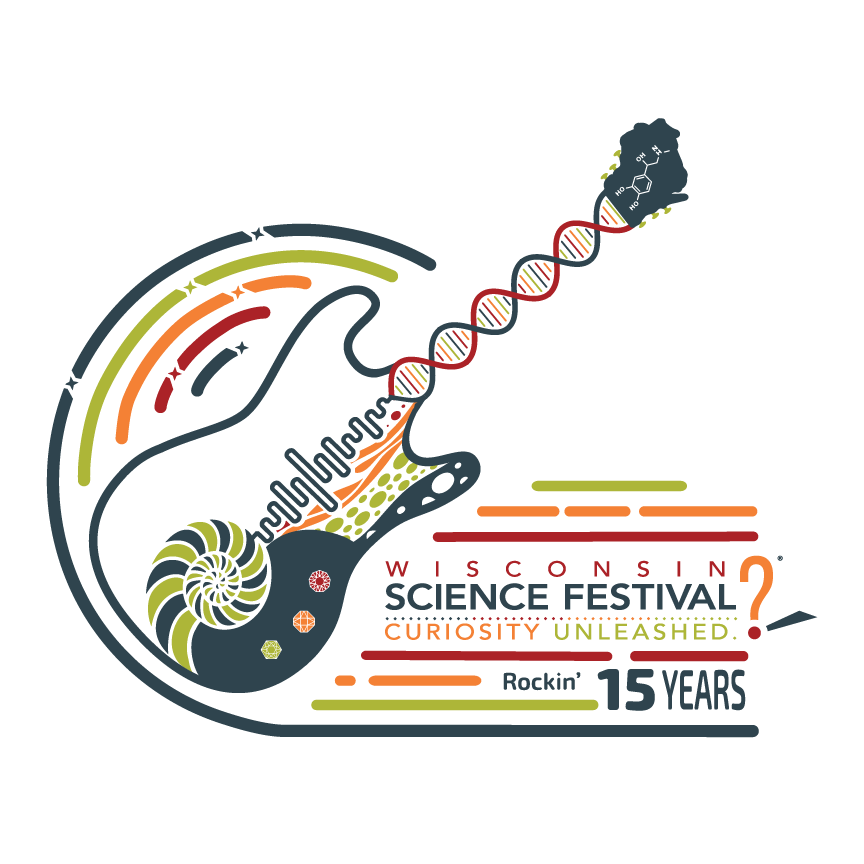WID Alumna Launches Career at Twitter
When employees need hardware at the social media behemoth Twitter, Inc., they turn to WID alumna Sarah Rich, who helps them determine what hardware they need and where within Twitter’s highly sophisticated infrastructure they need it.
“Operating a site with as many requests and interactions per second as Twitter has requires real time coordination between thousands of physical servers at any given time,” says Rich, who’s worked at Twitter’s corporate headquarters in San Francisco as a capacity planning engineer since March 2014. “We leverage many software technologies internally, all of which run on their own specialized hardware and are optimized for different roles. This generates a very large data set, vital to the health of our company, which requires machine learning and inference techniques to truly understand.”
Rich works with Twitter’s platform engineers to examine how best to push the company’s hardware to its limit without compromising service.
“It is in a software engineer’s nature to always be conservative and overprovision for safety and reliability of their service,” she says. “Our team serves as a kind of check on that inclination. I build tools to help us use the vast amount of data harnessed and generated by our hardware to better understand how our site is performing, and what computing resources our services really require.”
Rich makes use of her optimization and mathematical background to undertake automation and diagnostic tasks, and often uses the collaborative interdisciplinary skills she developed at WID to get at the heart of problems and establish a common language for problem-solving.
“At WID, you might be sitting around a table with a computational biologist, an experimental biologist and a quantum physicist, and you need to understand where all of them are coming from and facilitate that conversation,” she says.
Rich also says the interdisciplinary experience she gained during her two years at WID helped her communicate effectively within Twitter.
“At WID, you might be sitting around a table with a computational biologist, an experimental biologist and a quantum physicist, and you need to understand where all of them are coming from and facilitate that conversation,”
— Sarah Rich
“In the Optimization group at WID, we did modeling of a lot of different problems, and having that background and being able to translate anyone’s problem into math quickly has benefited me tremendously in all the conversations I have here across the organization,” she says.
Rich arrived at WID after spending four years in a math Ph.D. program at the University of Texas, where she discovered she was most interested in the interdisciplinary collaborations she had developed on the side.
“I was working with a few different neuroscience labs, and I realized that the skill set that I needed was not really addressed by pure mathematics,” she says. “I wanted to develop the ability to look at a scientific problem and formulate it in a mathematical way that would allow me to apply algorithmic and statistical tools to solve it. It turns out that is already a field; it’s optimization.”
Rich says she particularly benefited from the Systems, Information, Learning and Optimization (SILO) seminars, through which she gained experience seeing real problems and then translating them to mathematics.
“Success or failure in modeling a real-world problem comes down to knowing how to make smart choices in your mathematical framing of the problem,” she says. “Some formulations are much more amenable to solution than others. SILO showcases researchers making these choices and the tradeoffs involved.”
Despite being across the country, Rich maintains a collaborative relationship with her advisor, Rob Nowak. She says some of the abstract mathematical problems she’s encountered professionally are of interest to him, and she’s excited through her job to continue shaping the emerging field of machine and statistical learning for systems optimization.
“We’re just scratching the surface of what’s possible,” she says.
— Mary Sussman





